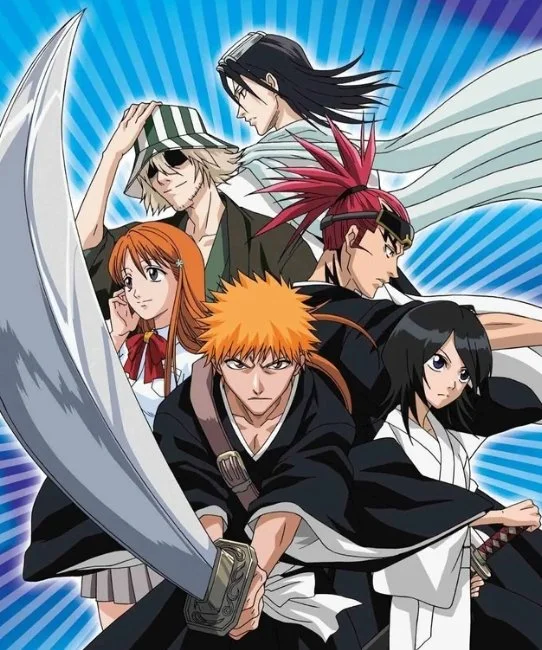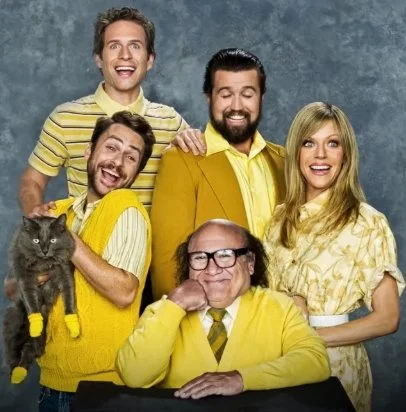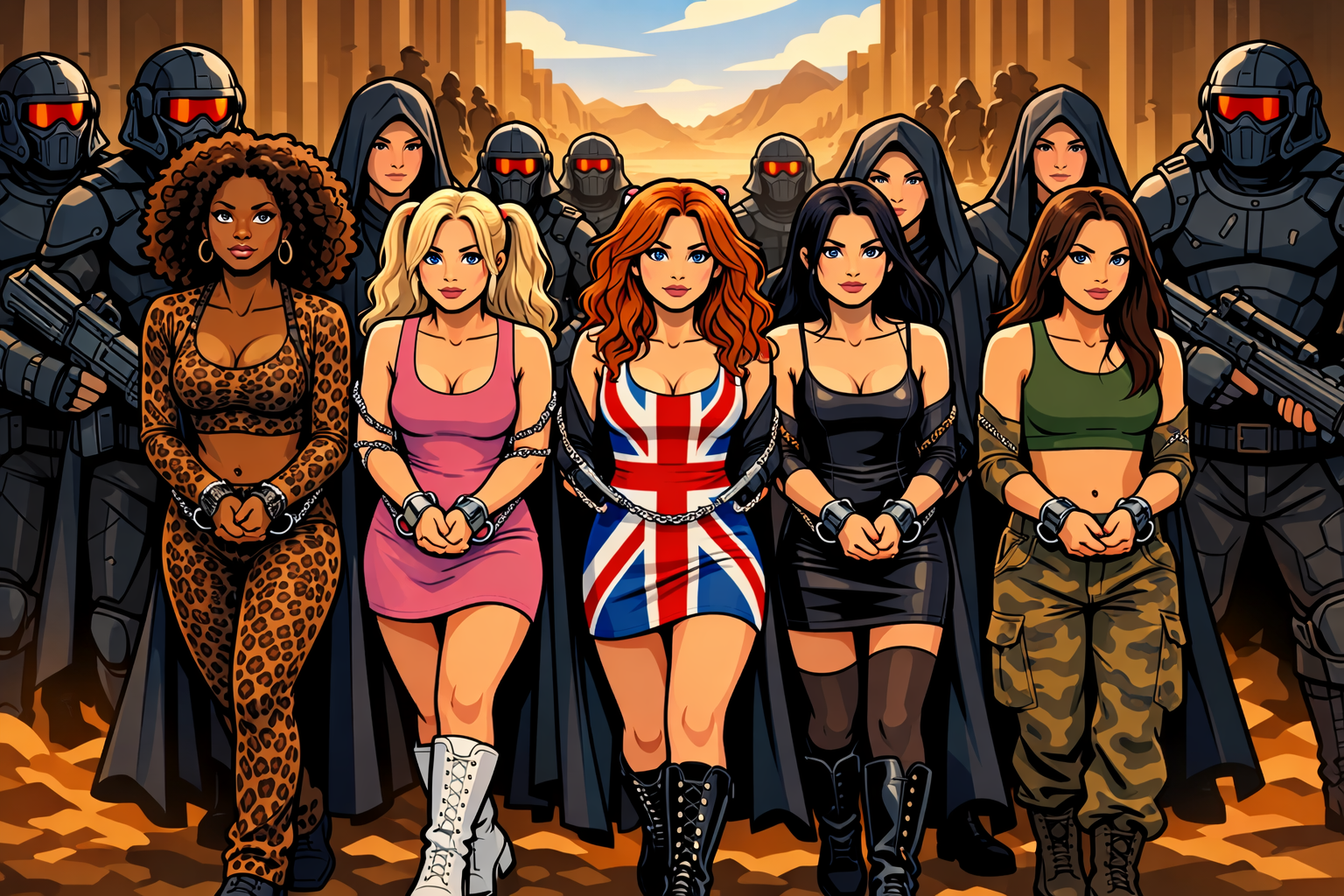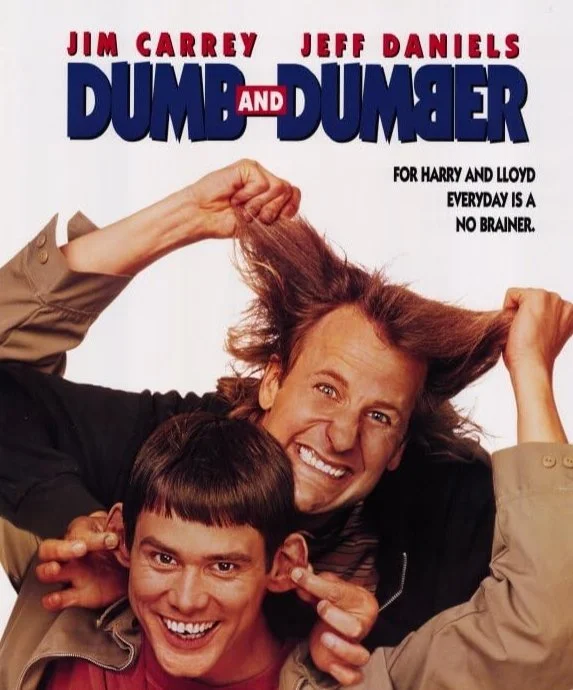Is the Film Unhinged Pandering to Incels?
The 2020 psychological thriller Unhinged, starring Russell Crowe, has sparked considerable debate regarding its themes and social implications. The film follows a divorced, unemployed man who reacts with extreme violence after a minor road rage incident, unleashing terror upon a single mother. Given the film's portrayal of male frustration and unchecked aggression, some critics and viewers have questioned whether Unhinged panders to incel ideology, a belief system often associated with misogyny, entitlement, and grievances against women. This article explores the film's themes, its potential connections to incel culture, and whether these critiques hold merit.
Understanding the Incel Phenomenon
The term "incel" (short for "involuntary celibate") refers to an online subculture of men who express frustration over their perceived inability to form romantic or sexual relationships. While not all self-identified incels engage in violent rhetoric, certain segments of this community have been linked to acts of misogyny and violence. High-profile incidents, such as the 2014 Isla Vista killings by Elliot Rodger, have drawn attention to the dangerous extremes of this ideology.
Films, television, and literature often reflect societal anxieties, and Unhinged appears to tap into concerns about male rage, entitlement, and the consequences of unchecked frustration. Whether the film merely depicts these anxieties or actively sympathizes with them is a point of contention.
Unhinged and the Portrayal of Male Rage
From its opening scenes, Unhinged establishes Russell Crowe’s character, credited only as "The Man," as a figure consumed by resentment. He is introduced committing an act of extreme violence against his ex-wife and her new partner before setting fire to their home. This immediate escalation suggests a character with deep-seated anger, potentially fueled by a sense of loss and powerlessness.
The film’s central conflict arises when a single mother, Rachel (Caren Pistorius), honks at The Man in traffic, triggering his relentless pursuit and escalating violence. The Man repeatedly insists that Rachel must "learn what a bad day really is," framing his rage as a form of moral correction. His sense of entitlement to an apology, to control, and to violent retribution mirrors sentiments expressed within some incel and online grievance communities, where perceived social slights are met with disproportionate rage.
Incel Themes in Unhinged
Several elements of Unhinged align with the grievances commonly voiced in incel communities:
Victimhood and Resentment: The Man sees himself as a victim of an unfair society. His monologues about life’s injustices echo narratives of systemic persecution often found in incel rhetoric.
Hatred Toward Women: While The Man’s violence extends to male victims, his primary fixation is on Rachel, whom he punishes for perceived disrespect. This reflects the incel tendency to direct resentment toward women, particularly those who assert independence.
Loss of Traditional Male Power: The film presents The Man as a relic of a past era, an unemployed, divorced individual who has lost his family and status. Many incels express nostalgia for a time when traditional gender roles were more rigidly enforced, blaming feminism and societal shifts for their perceived decline in desirability and status.
The "Nice Guy" Fallacy: At several points, The Man frames his rage as the result of being a good person who was mistreated, a common rationalization in incel ideology.
Does Unhinged Endorse or Critique These Themes?
While Unhinged undoubtedly portrays male rage and entitlement, whether it endorses or critiques these attitudes remains open to interpretation. The film does not frame The Man as a hero; his actions are depicted as excessive and horrifying. However, some critics argue that the film’s narrative structure, where Rachel is presented as an imperfect protagonist while The Man’s grievances receive significant screen time, may inadvertently evoke sympathy for his plight.
The film’s marketing leaned into the fear of unpredictable male aggression, promoting Unhinged as a visceral, cautionary tale rather than a character study. In doing so, it may have unintentionally provided a power fantasy for those who identify with The Man’s frustrations.
Cultural Reception and Criticism
Critics have offered mixed responses to Unhinged. Some view it as a straightforward thriller exploiting societal fears, while others argue that it taps into reactionary anxieties about empowered women and disempowered men. A review from The Guardian described the film as "a bone-crunchingly nasty thriller," while ScreenAnarchy labeled it a "contemporary, incel-inflected, MAGA take on white male rage."
Online, some members of incel communities have embraced The Man as a representation of their frustrations, referring to him as an "oldcel going ER" (a reference to Elliot Rodger). This suggests that, whether intentional or not, Unhinged resonates with certain segments of this subculture.
Simply Put
Ultimately, Unhinged does not explicitly endorse incel ideology, but it undeniably engages with themes relevant to it. The film presents a violent, unstable male protagonist whose rage stems from perceived injustices, grievances that overlap with those expressed in incel communities. While it does not glorify his actions, its framing and execution leave room for interpretation. Whether Unhinged serves as a critique of unchecked male entitlement or an unintentional validation of incel grievances depends largely on the viewer’s perspective.







